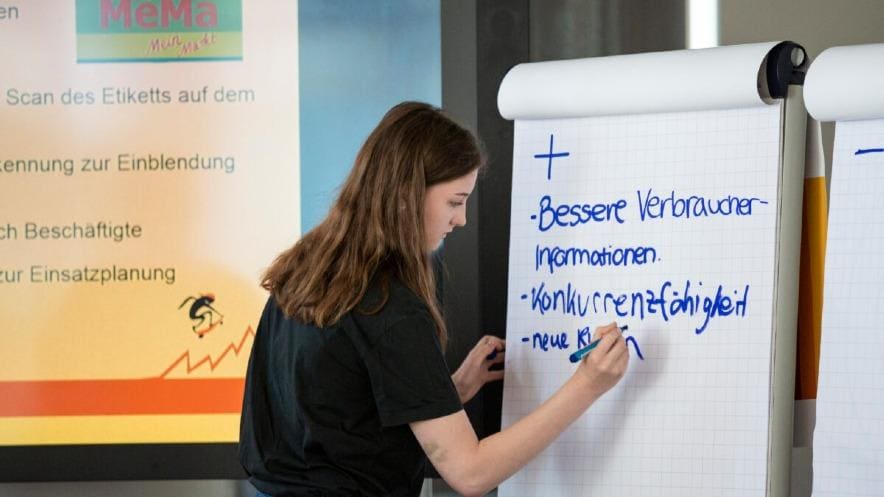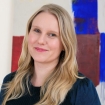“Wi.Fo!-Lab” - Implementing evidence-based learning strategies into virtual classrooms
Exploring business, environmental, and societal issues through virtual learning
The digital era of the 21st century: A landscape of immense opportunities and emerging challenges.
Situation #itstime
According to a 2023 global survey by Edelman, businesses emerged as the sole institutions earning trust.1 In a world marked by uncertainty and mistrust, trust becomes the cornerstone for all institutional relationships with stakeholders. It is therefore crucial for the upcoming generation of business leaders to acquire the necessary skills and ethical perspectives. This will empower businesses to utilise their unique advantages in addressing environmental, social, and governance challenges.
The PwC Germany Foundation acknowledges the significance of equipping students with a variety of skills and perspectives. To this end, they launched the “Researchers in Economics” (Wirtschafts.Forscher!) programme in 2015, designed to address ethical and business-related issues.
In 2019, they further expanded their educational initiatives with the development of the Wi.Fo!-Lab. The Wi.Fo! Lab offers a multi-perspective, problem-oriented approach. This enables students and teachers to scrutinise and understand the complex ethical dilemmas that today’s business world often encounters.
Today’s students are encouraged to cultivate future-ready skills including critical thinking, self-management, digital proficiency, and importantly, a comprehensive understanding of the intricate interplay between the economy, environment, and society.

1 Edelman, Daniel J. Edelman, Inc., 8 Feb 2023, 2023 Edelman Trust Barometer
Experience #bethesolution
Wi.Fo!-Lab is a dedicated virtual learning environment offering a diverse array of resources such as audio inputs, textual materials, statistical data, videos, explanatory films, web-based training, and caricatures, all aimed at delving into business ethics.
The platform facilitates student interaction, allowing them to share task-related information with peers and teachers. The virtual classroom empowers teachers to assign tasks, conduct webinars, and interact virtually with students. By collaborating on virtual research assignments, students gain the experience of a shared classroom, despite the physical distance.
Impact #togetherwesolve
Since its inception in 2015, the “Researchers in Economics” programme has seen participation from 100 schools across Germany, involving approximately 6,500 students and 250 teachers who have utilised the Wi.Fo!-Lab.
In response to the COVID-19 pandemic, the PwC Germany Foundation granted free access to the Wi.Fo!-Lab until the end of the 2020 school year. The foundation also organised weekly webinars for teachers, providing subject-specific and technical information on how to effectively use the virtual classroom. This initiative enabled the foundation to reach an additional 30 schools, many of which have continued to use the programme.
In January 2023, a groundbreaking initiative was launched with the establishment of a model region for the “Researchers in Economics” programme. This initiative, operating through a unique public-private partnership and centred in the Tübingen administrative district in Baden-Württemberg, offers a significant opportunity for all students in the state to benefit from the Wi.Fo!-Lab and its content in the future. At present, 20 schools with 30 teachers and over 1,100 students2 are actively participating and the participation trend is increasing.

2 Figures are from the 2023/24 programme year
“The economy is transforming, and “Researchers in Economics” is moving with it. PwC Germany is supporting the needs of our students by developing learning materials that support much needed digital skills. The programme has been reimagined in two ways, by including business ethics concepts and issues and by exploring value-based management in a global system during a period of radical transformation. We are treading new paths. We are expanding the design of the programme to include case studies and role-plays in the classroom by incorporating the digital version of the Wi.Fo!-Lab.”
















